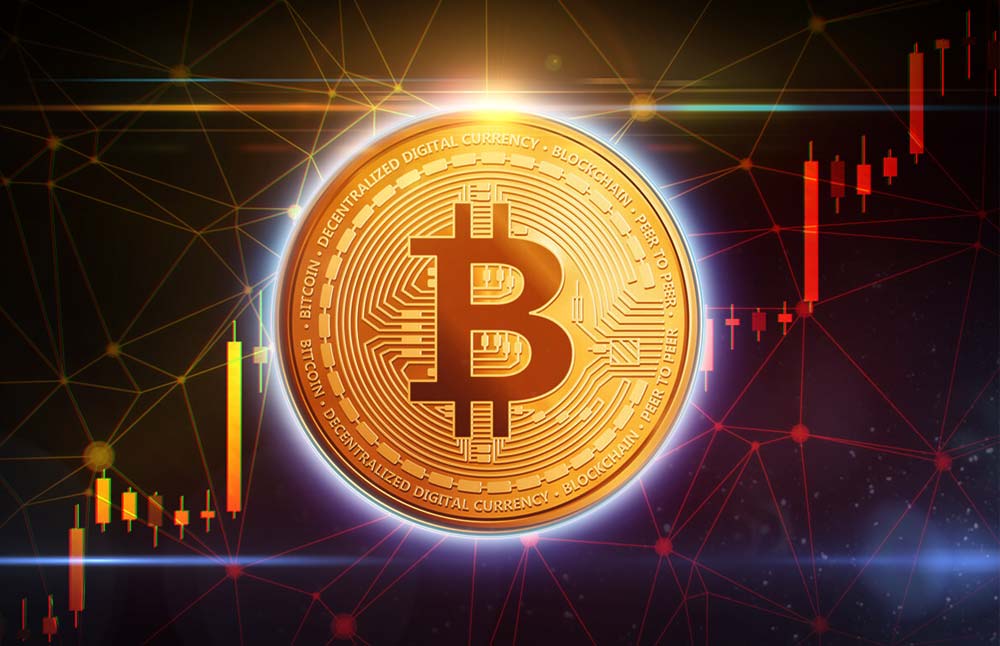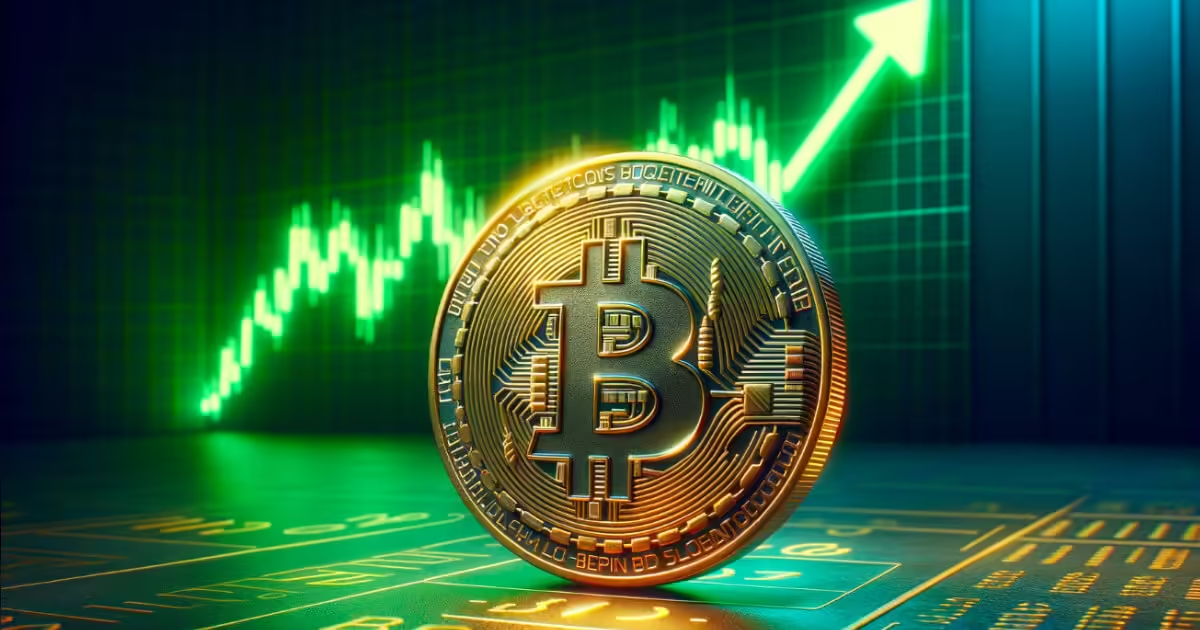|
Getting your Trinity Audio player ready...
|
As the U.S. presidential election approaches, market analysts are keeping a close eye on potential shifts in retail investor behavior. A recent report from JPMorgan, led by managing director Nikolaos Panigirtzoglou, suggests that a possible victory for Donald Trump could spark a significant surge in retail demand for bitcoin and gold.
Retail Investors Lead The Charge
JPMorgan’s analysts have observed a marked increase in retail investor interest, particularly in what they term the “debasement trade.” This trend is characterized by consumers flocking to tangible assets like bitcoin and gold in response to economic uncertainties and inflation fears. The report highlights a striking statistic: retail investors poured $1.3 billion into bitcoin ETFs within just two days, contributing to a total of $4.4 billion for October alone. This figure positions October as the third-highest month for bitcoin ETF inflows since January, underscoring a growing enthusiasm among smaller investors.
Furthermore, the report indicates that retail activity is not limited to bitcoin. Investors are also turning their attention to gold ETFs, alongside a burgeoning interest in “meme” and AI tokens, which have outperformed many traditional assets in recent weeks. This diversification reflects a shifting sentiment among retail investors, who appear more willing to engage with a wider range of financial instruments as they navigate market volatility.
Institutional Investors Remain Cautious
While retail investors are actively seizing opportunities, institutional investors are exhibiting a more cautious stance. JPMorgan analysts warned that bitcoin futures have become “rather overbought,” signaling potential vulnerabilities in the market. This caution is reflected in a slowdown of institutional demand for bitcoin futures, which raises questions about the sustainability of current price levels. Similarly, while retail interest in gold ETFs is rising, institutional interest in gold futures has notably paused, indicating a potential divergence in strategies between retail and institutional players.
Macro Forces at Play
Despite the caution from institutional investors, JPMorgan’s report conveys optimism about the broader economic landscape. Analysts believe that ongoing macroeconomic uncertainties, inflation concerns, and heightened retail trading could provide the necessary support for cryptocurrency growth through 2024. The anticipation surrounding a Trump victory is seen as a potential catalyst for this shift, prompting retail investors to seek refuge in assets like bitcoin and gold that are traditionally viewed as hedges against economic instability.
Also Read: Bitcoin Price Surges 11% In October 2024 – Are Institutions Buying For A Major Squeeze?
JPMorgan CEO Jamie Dimon presents a contrasting view to the bank’s broader enthusiasm for digital assets. In a recent interview, Dimon reiterated his skepticism about bitcoin, asserting that it “doesn’t have value” and linking it to illicit activities. His calls for stricter regulation reveal a complex relationship between traditional finance and the burgeoning world of cryptocurrencies. While JPMorgan continues to explore blockchain initiatives and crypto products, Dimon’s criticisms reflect the lingering hesitance among some institutional leaders regarding bitcoin as a viable investment.
Eyes on the Election
As the election approaches, the interplay between retail and institutional investors in the cryptocurrency and precious metals markets will be closely monitored. With retail investors showing increasing enthusiasm for bitcoin and gold, a Trump win could act as a significant driver of market dynamics. However, the cautious stance of institutional investors highlights the ongoing complexities and uncertainties that define today’s financial landscape. As we move closer to the election, the question remains: will retail demand be enough to sustain momentum in bitcoin and gold, or will institutional hesitance reign in the market’s exuberance?
Disclaimer: The information in this article is for general purposes only and does not constitute financial advice. The author’s views are personal and may not reflect the views of Chain Affairs. Before making any investment decisions, you should always conduct your own research. Chain Affairs is not responsible for any financial losses.
With a keen eye on the latest trends and developments in the crypto space, I’m dedicated to providing readers with unbiased and insightful coverage of the market. My goal is to help people understand the nuances of cryptocurrencies and make sound investment decisions. I believe that crypto has the potential to revolutionize the way we think about money and finance, and I’m excited to be a part of this unfolding story.




